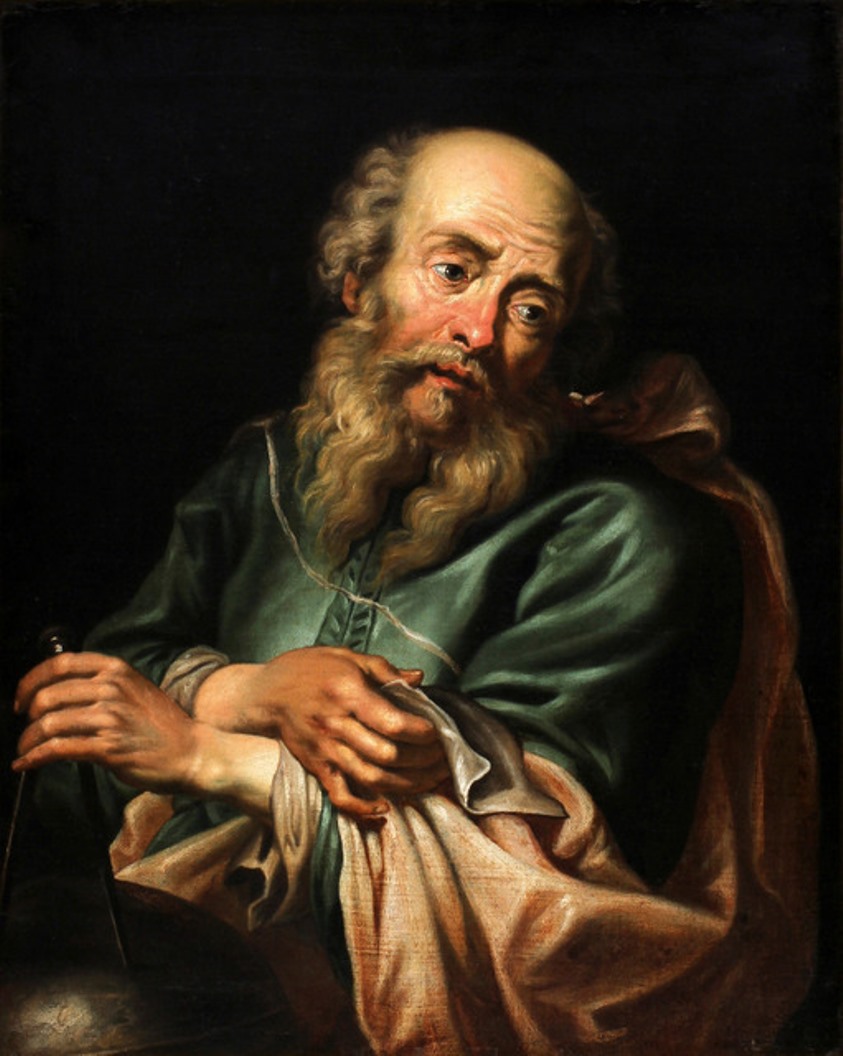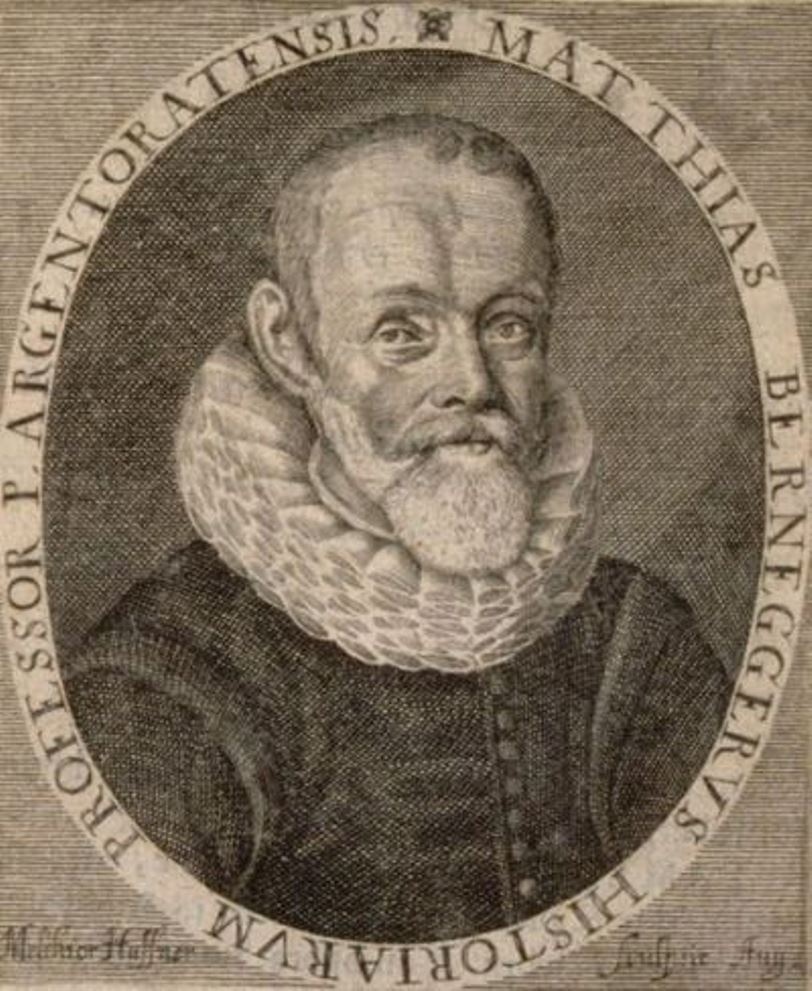matthias bernegger (1582-1640)

Galileo Galilei was an Italian naturalist, physicist, mechanic, astronomer, philosopher, and mathematician.
Using his own improved telescopes, Galileo Galilei observed the movements of the Moon, Earth's satellites, and the stars, making several breakthrough discoveries in astronomy. He was the first to see craters on the Moon, discovered sunspots and the rings of Saturn, and traced the phases of Venus. Galileo was a consistent and convinced supporter of the teachings of Copernicus and the heliocentric system of the world, for which he was subjected to the trial of the Inquisition.
Galileo is considered the founder of experimental and theoretical physics. He is also one of the founders of the principle of relativity in classical mechanics. Overall, the scientist had such a significant impact on the science of his time that he cannot be overemphasized.

Matthias Bernegger (latin: Bernegerus or Matthew) was an Austrian and French scientist, astronomer, mathematician, linguist and translator.
He was educated in Strasbourg, where he developed a special interest in astronomy and mathematics. Bernegger corresponded with the famous scientists Johannes Kepler and Wilhelm Schickard. From 1607, Bernegger taught at the Strasbourg Gymnasium, and in 1616 he was appointed professor at the Academy.
Bernegger is known for his translations of Justinian and Tacitus, and in 1612 translated into Latin Galileo's 1606 work on the proportional compass, adding considerably to it. These additional detailed annotations by Bernegger made Galileo's compass much easier to use, making it the first mechanical calculating device that could be applied to a wide variety of complex problems. In 1619 Bernegger prepared a three-volume manual of mathematics, and in 1635 he translated Galileo's Dialogue on the Two Mass Systems of the World.


